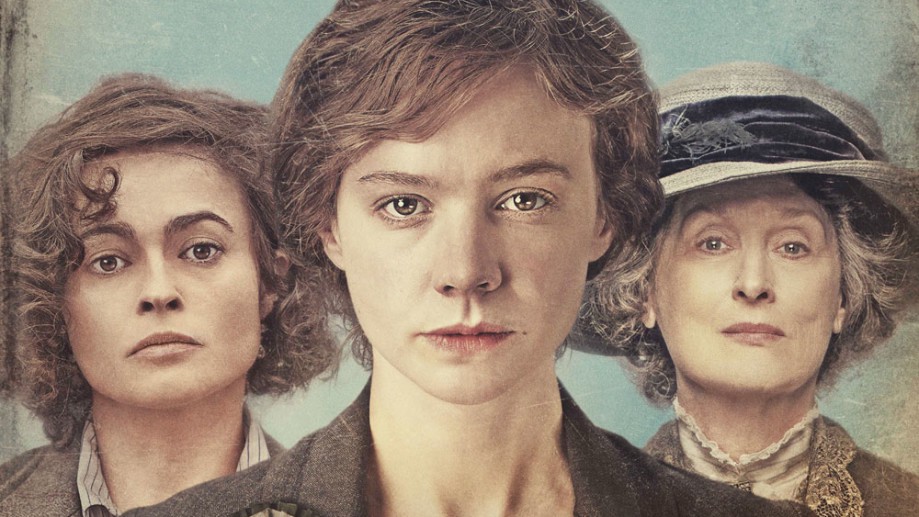HOLLYWOOD — The Sarah Gavin directed history piece, “Suffragette,” is slowly sneaking its way into theaters around the country.
Led by the always intriguing Carey Mulligan (“Inside Llewyn Davis,” “The Great Gatsby”), “Suffragette” follows a small group of women involved in what eventually became a violent movement for women’s rights in and around London during the early 1900’s. “Suffragette” weaves fiction through historical events, leading up to the famous 1913 death of Emily Wilding Davison— a moment many consider a key turning point for the movement.
As always, let’s talk about the highlights:
-
The Cause
If there’s one area “Suffragette” shines, it’s in the film’s ability to illustrate the high price of change.
“Suffragette” follows the fictional Maud Watts (Mulligan) whose narrative probably represents pieces of many stories throughout the movement. While writer Abi Morgan introduces key characters to act as opposition to both the movement and Maud, oftentimes the movie’s villains are those who look the other way throughout Maud’s plight.
Morgan also includes moments which ultimately question suffragette tactics, leaving audiences to decide if violence is a necessary means for justice. -
The Cast
The amount of talent parading around on-screen throughout this film is impressive, to say the least. Mulligan’s performance feels right at home alongside academy award winners and nominees like Meryl Streep and Helena Bonham Carter, and Brendan Gleeson’s Inspector Steed balances well-intentioned antagonism while never flirting with comic book villainy. The people who dislike “Suffragette” will not be pointing to performances as a reason the film never quite does its message justice.
-
The Problem
There are so many things working for “Suffragette” that it will be difficult to figure out why you’re checking your watch so often during a reasonably short 106-minute running time.
The performances are there, it’s handsomely shot, and the moments that should make you tear up or cheer are all in place. So what is it about “Suffragette” that doesn’t work?
Like many historical dramas, Gavron and Morgan get lost in trying to capture everything about the history as opposed to finding a story that celebrates the history. As a result, conversations that should be sweet or heartfelt turn into exposition and relationships you should care about are only brought up to remind you of another injustice. -
Conclusion
There is definitely more right than wrong with “Suffragette,” but unfortunately, this is also a case where perhaps the creative team respected the material too much. “Suffragette,” then, ends up in a bizarre position where it’s easy to call it a good film but a hard one to recommend.
Originally published KSL.com

Recent Comments